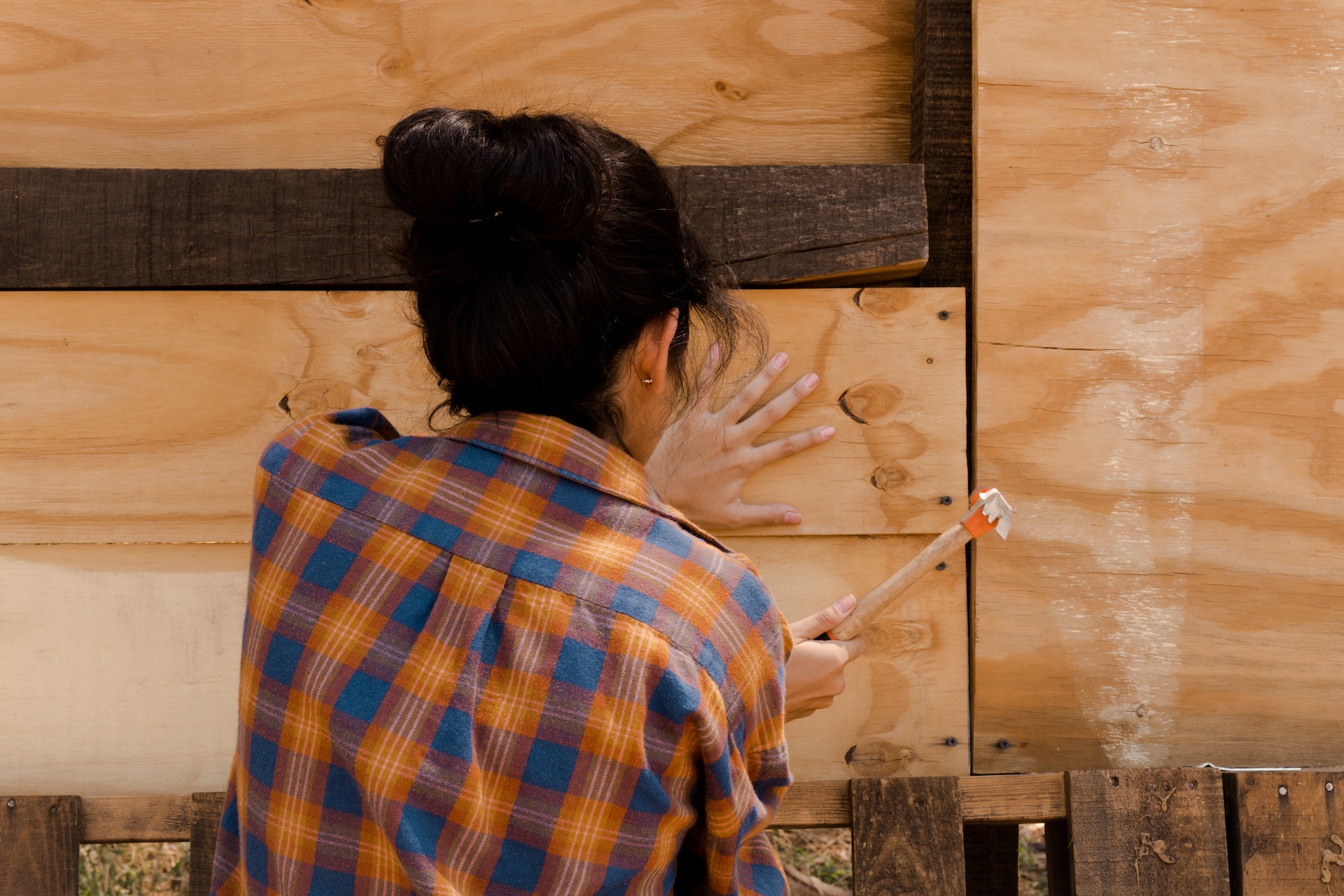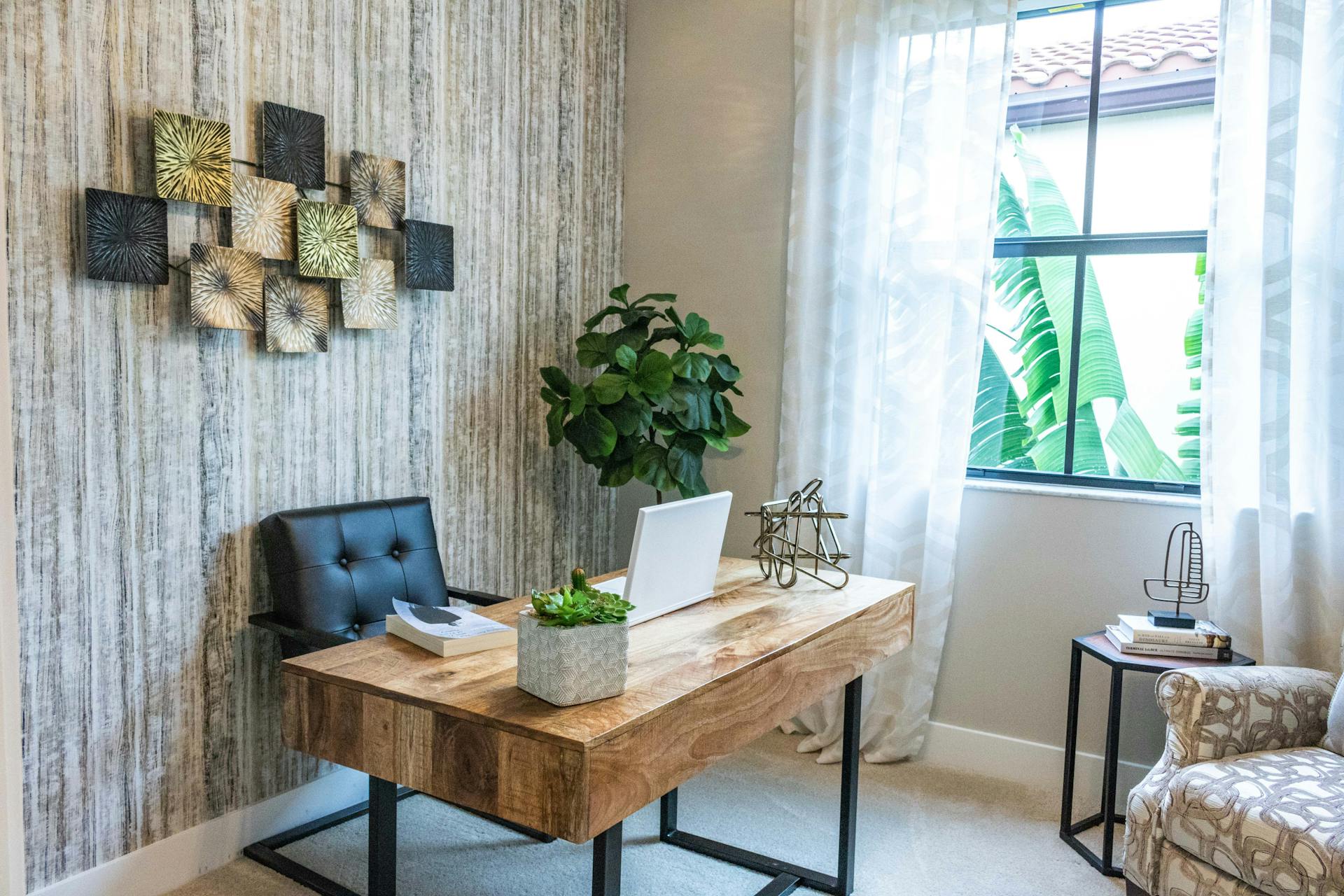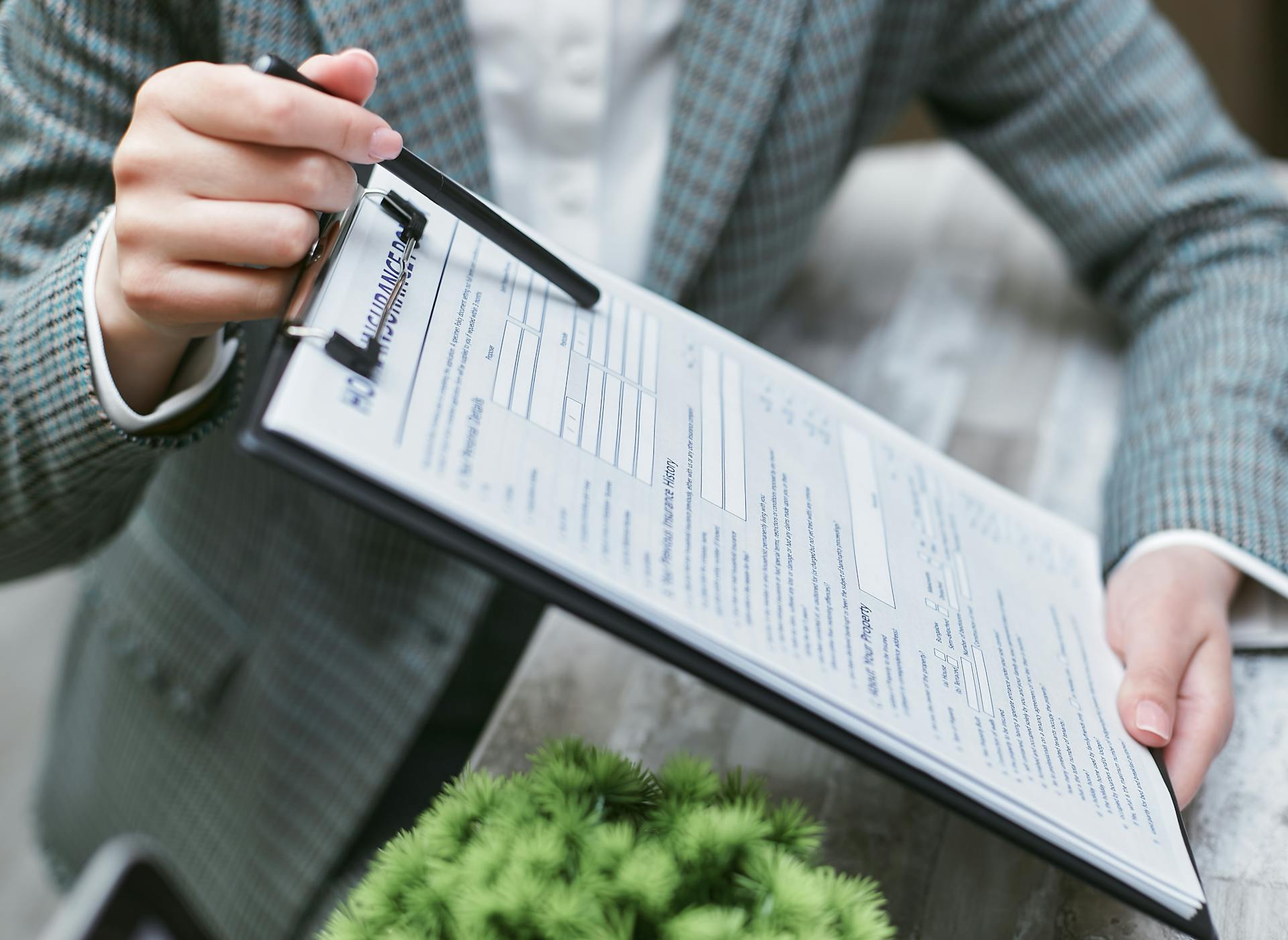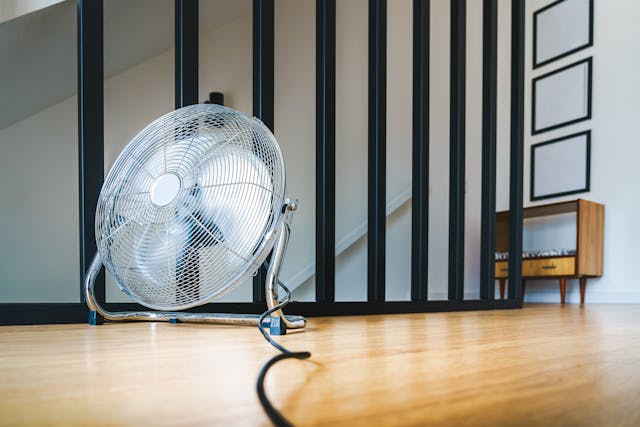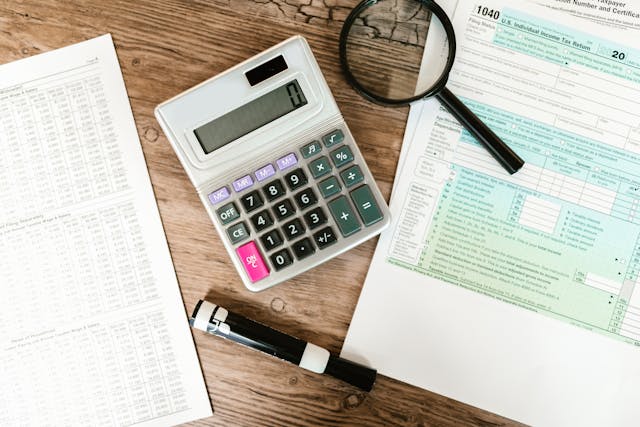Using Security Deposits to Cover Unpaid Rent
When can you keep your tenant's security deposit?

The last thing any landlord wants to deal with is losing money due to the actions of a bad tenant. Despite this, sometimes it can be difficult for landlords to decided whether or not it's worth pursuing the money they're owed when things go south. One situation that can be tricky to navigate is knowing if it's alright to use security deposits for unpaid rent. While it may seem like the answer should be yes, that's not always the case. In some circumstances, refusing to return the security deposit could get you into legal trouble. It's essential to have a good understanding of how and when a security deposit paid by your tenant can be used once they move out.
Security Deposit Laws Vary
Security deposit laws will vary between states. However, the general rules are relatively similar from state to state. The following guidelines will take a general, all-encompassing approach to how your tenants' security deposits can be used. Still, it's a good idea to review your local laws before you officially withhold your tenants' security deposits.
What Can Security Deposits Be Used For?
Security Deposits are collected by landlords to protect their property during the rental period. If the tenant took good care of the property during their time living there, the deposit is returned when they move out. If, however, the property has been damaged in some way, the landlord is typically allowed to deduct the cost of repairs or losses from the deposit before returning the remainder to the tenant.
There are some limitations to how the security deposit can be used by the landlord. Some common situations include:
- Unpaid rent
- Unpaid taxes (if it's outlined in the lease that the tenant is responsible for them)
- Cost of repairing any damage that falls outside of normal wear and tear
- Early lease termination (if stated in the lease)
- Excessive cleaning costs
Ultimately, a landlord can indeed keep the security deposit to cover unpaid rent or unexpected expenses caused by the tenant directly. To avoid confusion or disputes during the move-out process, it's a good idea to make sure the above items are clearly outlined on the lease agreement. This ensures that you and the tenant have a clear understanding about your expectations for the property.
It's important to note that if the rental is sold while the tenant is still living there, the landlord is required to transfer the security deposit to the new owner. If the previous owner fails to transfer the security deposit to the new owner, the tenant can sue the previous owner for it to be returned, or for the portion that the tenant is entitled to receive.
What Can't You Use Security Deposits For?
On the flip side, there are many things you cannot use security deposits to cover. These may not be intentional, so it's essential to be aware of them, so you don't accidentally break any laws.
In general, you cannot use security deposits for:
- The last month's rent (unless you and the tenant agree on it in writing)
- Routine cleaning costs from normal wear and tear
- Routine repairs from normal wear and tear
- Covering costs not related to that tenant
Most landlords wouldn't use a security deposit in this way. However, to avoid falling into this trap, it's best to keep the terms of the security deposit very clear in your lease. What is considered ânormal wear and tear? We have a blog that covers that!
Using the Security Deposit to Cover Unpaid Rent
As mentioned above, landlords can use security deposits to cover unpaid rent. Unpaid rent is one of the main reasons that the security deposit is generally the equivalent of two month's rent. This amount can protect the landlord from not being paid as well as provide income while a replacement tenant is found.
If your tenant moves out or is evicted, you can subtract the amount of unpaid rent from the total security deposit before returning the money. While this is an entirely legal practice, some tenants will want to dispute it. But you have a right to the money you're contractually owed. If your tenant owes you more than what the security deposit covers, you have the right to evict them before they move or take them to small claims court.
To prevent this type of situation, it's recommended you clearly outline the details of the security deposit in the lease. Make sure that you go over the lease in person with the tenant, so they have a chance to ask any questions or clarify anything they're unclear about.
If your tenant owes you unpaid rent, make sure to check the terms of your lease. If your lease has clearly outlined that the security deposit will be used for unpaid rent, subtract the amount owed from the security deposit before you return it. If the security deposit doesn't cover the total amount, you can file in small claims court for the remaining money owed.
Security deposits are designed to be a guarantee between yourself and the tenant that they will be respectful and keep your property in good condition while they're living there. Additionally, it guarantees that you won't have to suffer any monetary losses from unpaid rent. The best practice is to screen your applicants to avoid problem tenants who have a history of skipping out on rent, and to keep good records of all rental payments. Having all terms relating to the security deposit stated on your lease will also help you avoid any issues if you do need to use their security deposit for unpaid rent.
Created on: 04/05/24
Author: CreditLink Secure Blog Team
Tags: cleaning , maintenance , repairs , unpaid rent , damages , pet deposit , deposit , security deposit,








